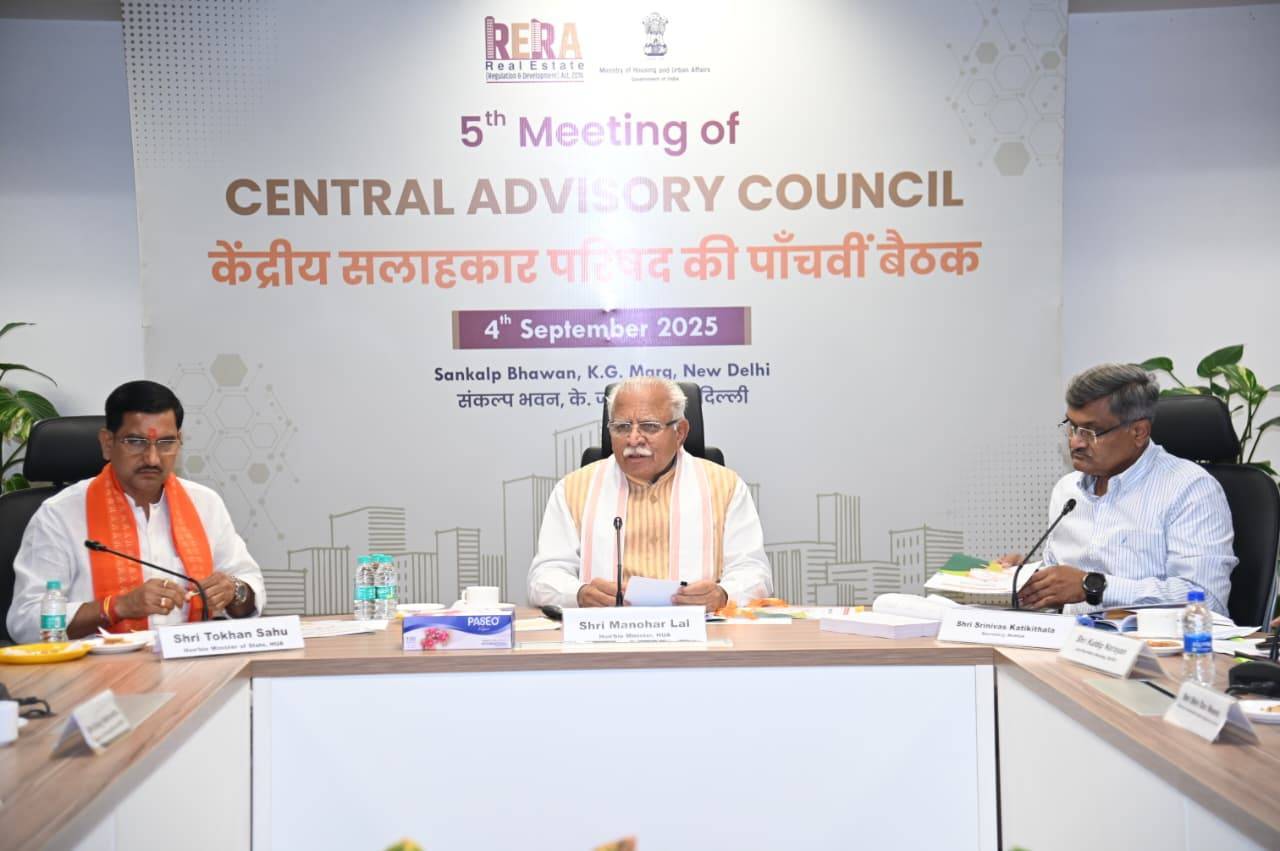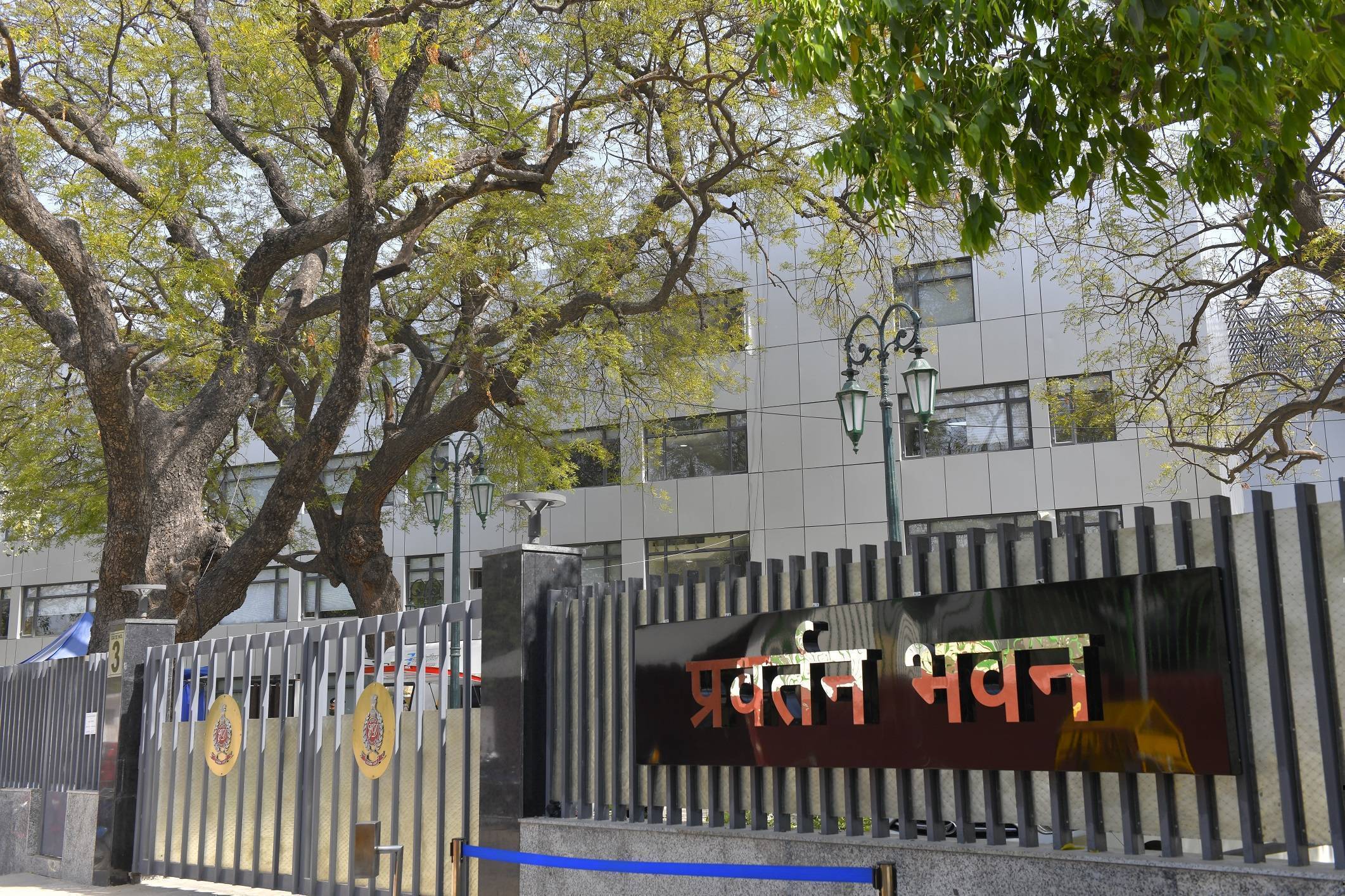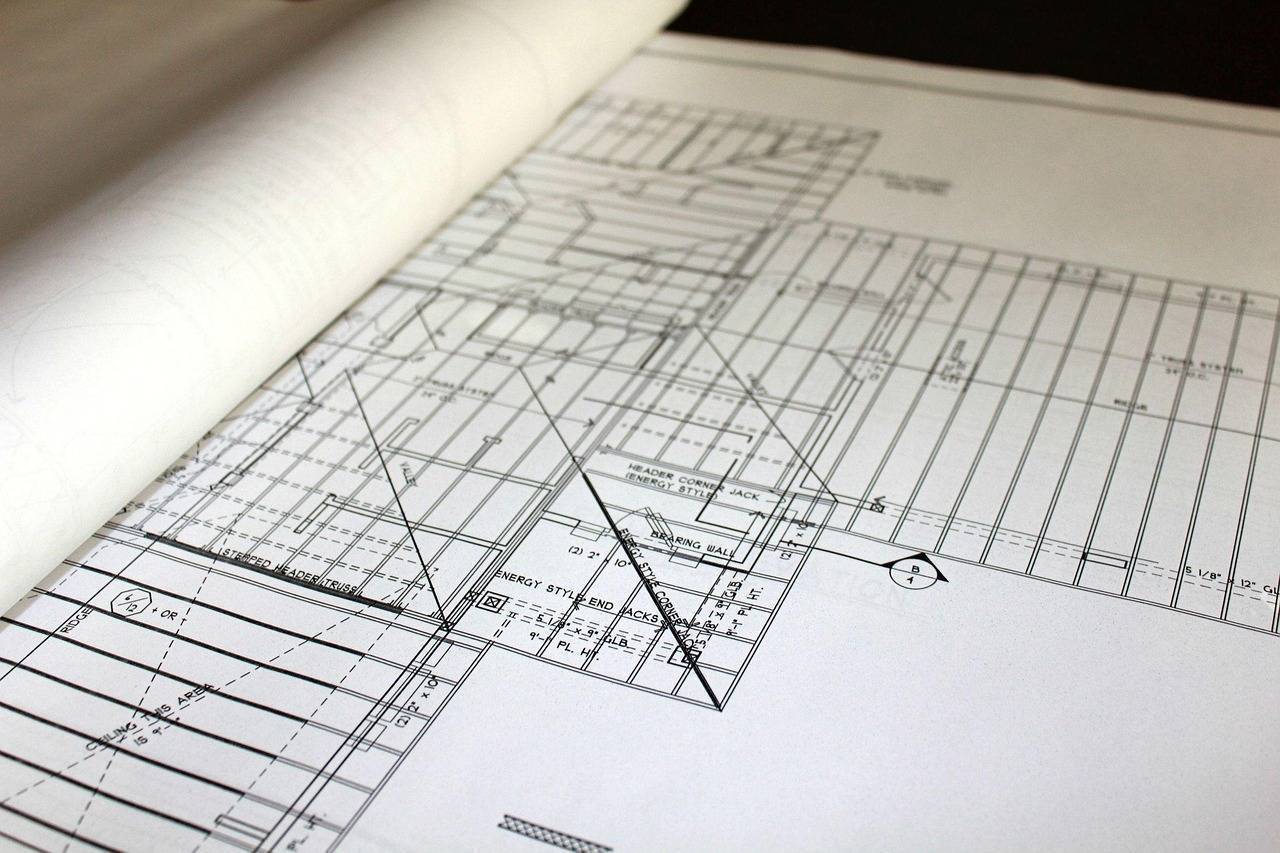The 5th Meeting of the Central Advisory Council (CAC), constituted under the Real Estate (Regulation and Development) Act, 2016 [RERA], was held at Sankalp Bhawan, K.G. Marg, New Delhi. The meeting began with the Welcome Address by the Joint Secretary (Housing) Shri Kuldip Narayan, Ministry of Housing and Urban Affairs (MoHUA), followed by remarks of Secretary (HUA) Shri Srinivas Katikithala, highlighting the journey of 8 years of RERA implementation.
Hon’ble Union Minister of Housing & Urban Affairs, Shri Manohar Lal, and Hon’ble Minister of State for Housing & Urban Affairs, Shri Tokhan Sahu, addressed the Council and guided the deliberations. The meeting was attended by various RERA Chairpersons, Secretaries of State Governments, representative of various departments of Central Government, Home buyer representatives and Industry associations.
On the occasion, Union Minister Shri Manohar Lal launched the Unified RERA Portal rera.mohua.gov.in, providing a common platform for stakeholders, enhancing transparency and enabling sharing of best practices among States/UTs.
Speaking on the occasion, Union Minister of Housing & Urban Affairs, Shri Manohar Lal said that the launch of the Unified RERA Portal is a major step in strengthening transparency and accountability in the real estate sector. He also added that RERA has empowered homebuyers, ensured timely delivery of projects and infused discipline in the sector. He asked States and UTs to implement RERA in letter and spirit to protect the interests of citizens.
Minister of State for Housing & Urban Affairs, Shri Tokhan Sahu observed that over the last eight years, RERA has emerged as a transformative reform for the real estate sector. He also said that the priority now is faster resolution of homebuyers’ grievances and revival of stalled projects so that trust between buyers and developers is further strengthened.
Secretary, Housing & Urban Affairs Shri Srinivas Katikithala in his remarks said that RERA has brought about systemic changes by mandating project registration, disclosure and grievance redressal. He also added that CAC meeting will be helpful in providing strategies for benefits of the Homebuyers and development of the sector.
During the meeting, members acknowledged the progress made by RERA across States and Union Territories in the last eight years. So far, 35 States and UTs have established Real Estate Regulatory Authorities, 29 have set up Appellate Tribunals, and 27 have appointed Adjudicating Officers. A total of 1,51,113 projects and 1,06,545 agents are registered under RERA, while 1,47,383 complaints have been disposed of nationwide.
The Council deliberated on the challenge of legacy stalled projects and the implementation of the recommendations of the Committee chaired by Shri Amitabh Kant, G20 Sherpa. It was noted that Uttar Pradesh has already implemented these recommendations, and other States where projects remain stalled were urged to take them forward. To address such issues, the Council recommended the adoption of Standard Operating Processes (SoPs) to strengthen the functioning of RERA Authorities, ensure enforcement of orders, and create a detailed framework to facilitate completion of stalled projects.
Members also discussed the potential of the newly launched Unified RERA Portal in supporting policymaking and providing fiscal incentives. The portal, through the integration of State RERA websites, will help build a nationwide database of projects. This database is expected to empower homebuyers to make informed decisions and, with the application of AI and analytical tools, will play a crucial role in anticipating delays and preventing projects from stalling.
The Council further suggested measures for improving compliance, particularly in the implementation of RERA orders, and called for action against misleading advertisements. Concerns were raised regarding delays in project registration, bottlenecks in approvals from local authorities, withdrawals from RERA accounts after project completion, and timely filing of quarterly progress reports (QPRs) by promoters.
Emphasis was placed on bringing uniformity in the implementation of RERA across States, ensuring faster project registration, clarity in definitions, and strict compliance with orders. To achieve this, the Council recommended a review of rules and regulations to ensure alignment with the parent Act. It was further advised that the Ministry of Housing and Urban Affairs (MoHUA) constitute a central-level committee with representation from all stakeholders to drive necessary reforms in the RERA framework.
The Council also underlined the need to focus on next-generation reforms as RERA completes eight years. It recommended that MoHUA undertake a detailed exercise to identify measures that can further strengthen the regulatory mechanism and support the overall development of the real estate sector in consultation with stakeholders. The meeting concluded with a collective call for effective implementation of RERA in letter and spirit to protect homebuyers’ interests while reinforcing transparency and accountability in the real estate sector.
Image source- pib.gov.in









.png)